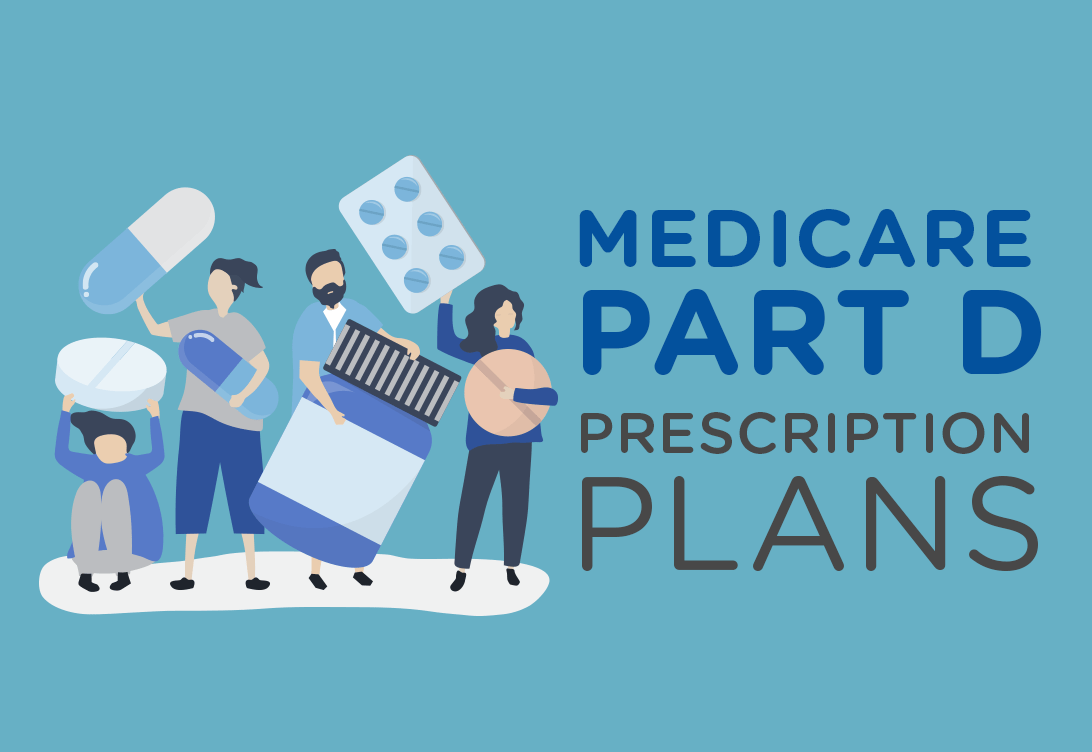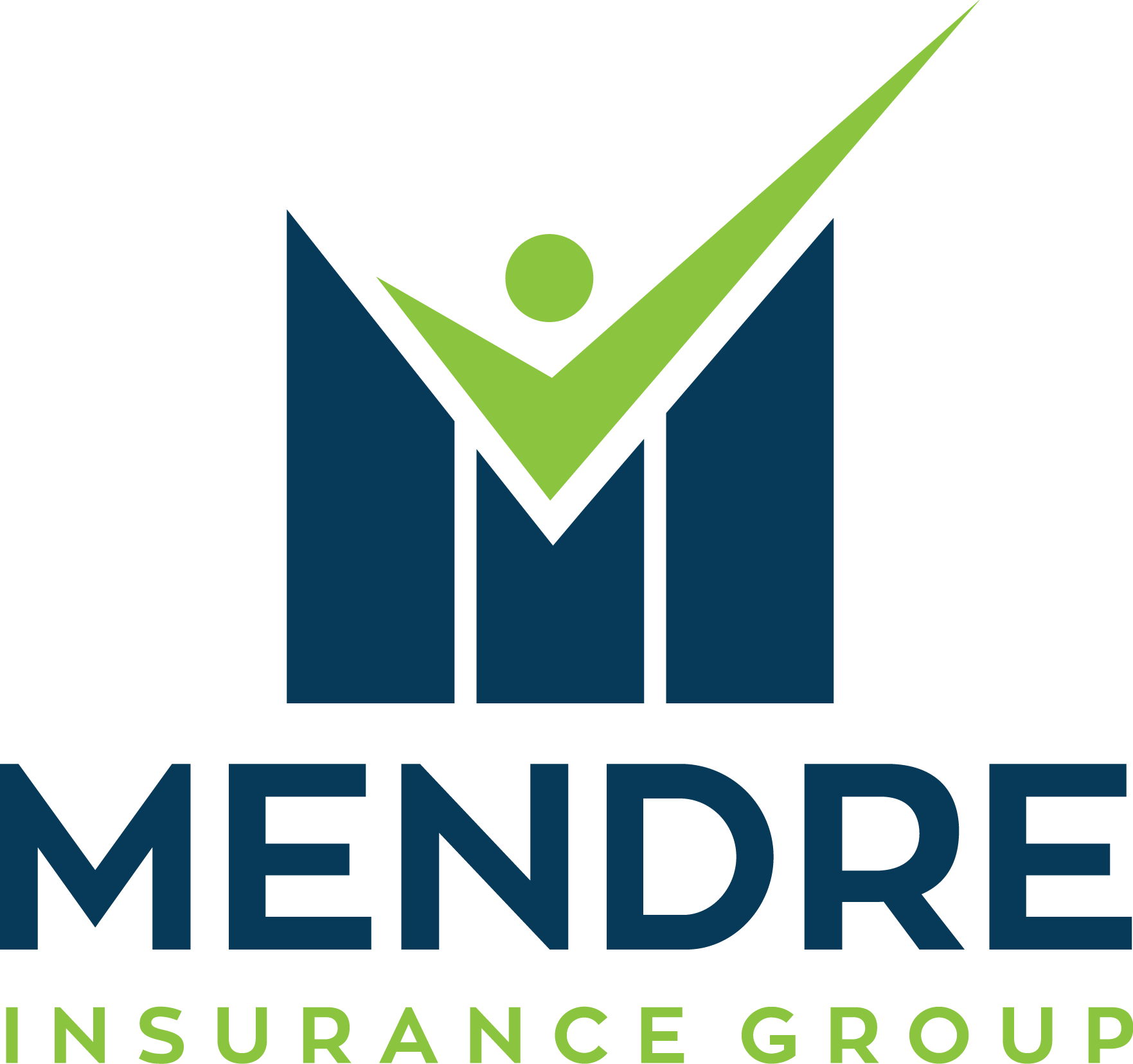Why do I need Medicare Prescription Part D?
If you take prescription drugs, you should consider Medicare Part D prescription drug coverage. Original Medicare (Parts A and B) doesn't cover most drugs. If you don't have a Medicare Part D plan or other drug coverage, you'll pay for your drugs out of your own pocket, which can really add up. Part D may help lower your prescription drug costs and help protect you against higher costs in the future.
Medicare Part D prescription drug coverage
Medicare Part D prescription drug costs

Help Protect Your Lifestyle and Recover from a Serious Illness. Let us guide you with simple and easy process and help you find best prices.
We’ll find you which company will give you the least expensive insurance quote possible. Since we have best insurance companies to choose from, we are usually successful at doing that.
Get a free consultation Apply NowHow does Medicare Part D work and what are my options?
With Part D, you have two options, contingent that you already have Parts A and B: Receive coverage through a private insurance company (such as Priority Health) that offers a Medicare Advantage plan with prescription drug (MAPD) plans. Get a stand-alone prescription drug plan (PDP).

Why should you consider Medicare Plan D Prescription Drug?
Medicare Part D covers the cost of self-administered prescription drugs. While drugs that are administered by a medical professional during an operation or hospital stay are typically covered by Original Medicare, medications for which patients receive prescriptions, get filled at a pharmacy, and administer themselves are usually covered by Medicare Part D. However, Medicare Part D only covers drugs that are deemed “medically necessary” which means that not all drugs are covered. Some examples of common prescription drugs that are not covered by Medicare Part D include medications used for cosmetic purposes, weight loss or weight gain, erectile dysfunction, fertility, or any drug that has not been approved by the Food and Drug Administration (FDA). In order to receive Medicare Part D, a beneficiary must already be enrolled in Medicare Part A and/or Part B.
- Cost protection: Part D plans help protect against high-cost prescription drugs by offering various levels of cost coverage for different “tiers” of drugs
- Low premiums help make these plans affordable
- Flexible plan options: Part D plans offer you choices in cost and benefit levels depending on your needs and other coverage you may have.
- Works with Medicare Part A and Part B (Original Medicare), or may be included in a Medicare Advantage plan (Part C)
MENDRE Insurance Group is here to guide you with simple process
Depending on your situation you may need only Medicare A,B or Medicare Plan D Prescription Drug but there are many times when you need both to fully protect yourself. Medicare other plans and Medicare Plan D Prescription Drug work together to help reduce the impact of cost. Let MENDRE Insurance Group help you to understand the complete process in easy way.
Contact UsGet QuoteWhat to ask when buying Medicare Plan D Prescription Drug?
When buying Medicare Plan D Prescription Drug make sure you understand the following. Ask your benefits administrator or insurance agent about anything you don't understand.
General terms and conditions
How the plan defines disabilityAre there any exclusions
Are there any pre-existing condition clauses in the plan that you should be aware of
Premiums
How much the policy will costDo you still need to make premium payments while living with a disability
Benefits
The amount of money you'll get each monthAre the benefits taxable
Will benefits be adjusted for inflation
How long you need to wait before starting to receive benefits
Does the plan include partial disability benefits
Can you increase your coverage without a medical exam
Individual plans
Is the policy “guaranteed renewable” meaning you have the right to renew the policy, usually without additional evidenceGroup plans
Is your group plan provided by an insurance company or is it self-funded by the employerWill you still get benefits from a self-funded plan if the employer goes bankrupt or faces financial difficulty. If you leave your job, are there provisions to continue your existing coverage until you get new coverage. Contact Us Get Quote
